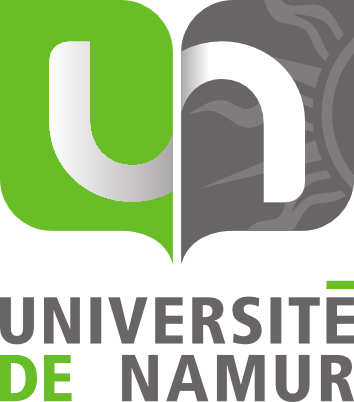Défense de thèse de doctorat en Sciences chimiques - Myriam NEUMANN
Differentiation and Encapsulation of ß-like cells for the treatment of type 1 Diabetes Mellitus
Date : 27/06/2022 17:00 - 27/06/2022 20:00
Lieu : PA02
Orateur(s) : Myriam NEUMANN
Organisateur(s) : Bao-Lian SU
Jury
- Prof. Stéphane VINCENT (département de chimie, UNamur), président
- Prof. Bao-Lian SU (département de chimie, UNamur), promoteur
- Prof. Thierry ARNOULD (département de biologie, UNamur), promoteur
- Prof. Patricia RENARD (département de biologie, UNamur)
- Prof. Jean-Paul THISSEN (EDIN, UClouvain)
- Prof. Amin SHAVANDI (Ecole Polytechnique de Bruxelles, ULB)
Abstract
Type 1 diabetes mellitus
is an auto-immune disease causing the T-cell mediated destruction of
insulin-producing β-cells, resulting in chronic hyperglycemia. Current
treatments such as insulin replacement therapy or the transplantation of
pancreas or pancreatic islets present major disadvantages such as the
constant need of drugs, as well as a shortage of donor organs. The
encapsulation of stem cell-derived β-cells in a semi-permeable membrane
with selective diffusion properties could offer a sustainable solution
to overcome these limitations.
Huge
progress in the domain of regenerative medicine has been made in the
last decades thanks to the discovery of stem cells and their capacity to
self-renew and to differentiate into various specialized cell types.
The first objective of this research is the differentiation of human
induced Pluripotent Stem Cells (hiPSCs) into new functional
glucose-responsive, insulin secreting β-cells. The obtained therapeutic
cells are subsequently encapsulated in order to shield them from the
host immune cell responders and avoid the need for immune-suppressive
treatments. Main criteria for these encapsulation materials are a good
biocompatibility, adapted stability and a selective diffusion of
essential metabolites such as glucose and insulin whilst providing
immune-protection. The second objective is thus the development of an
adapted hybrid material combining the advantages of very biocompatible
biopolymers and highly tunable inorganic polymers such as silica and
titania. For the synthesis of these core/shell microcapsules, a
microfluidic synthesis based on a double emulsion principle is currently
developed. The transplantation of the formed microcapsules could
counterbalance the lack of insulin due to deficient cells and restore
proper glycaemia regulation.
Link
https://medias.unamur.be/lives/live-auditoire-pa02-diffusion-publique/
Télecharger :
vCal
